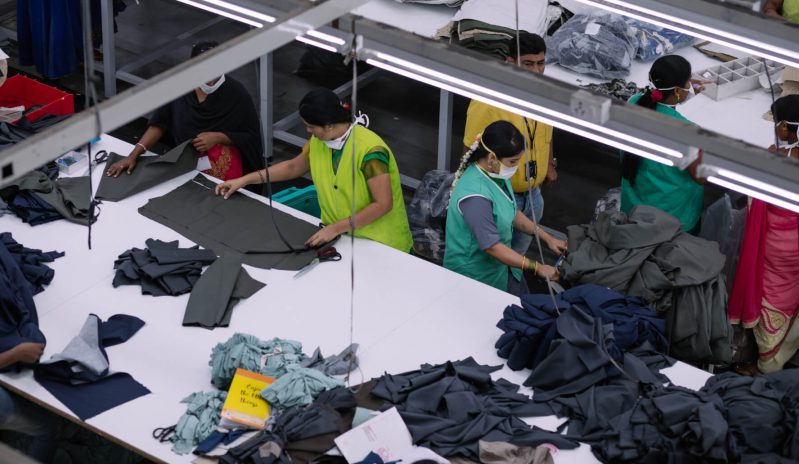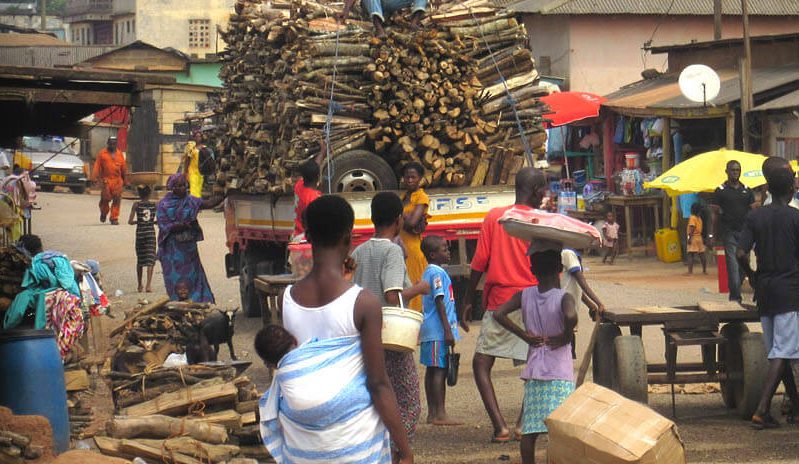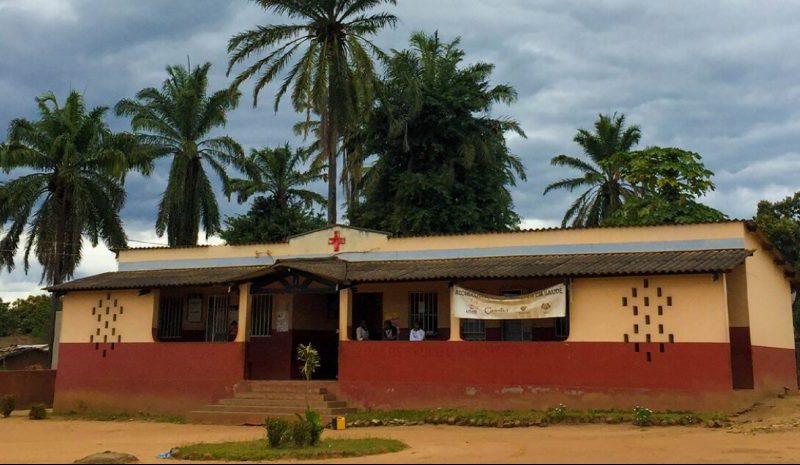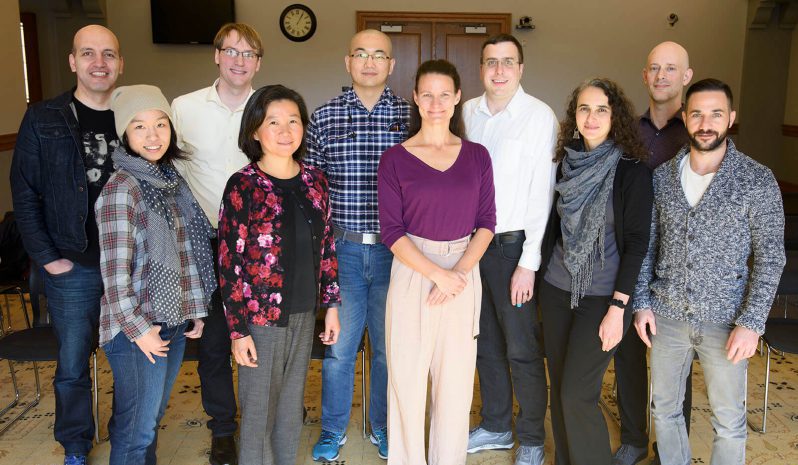About Us
Development economists at Michigan study such diverse topics as agriculture, international migration, political economy, economic history, microfinance, health, family economics, education, firms, and the environment. Development is an eclectic subfield, drawing on all other subfields of economics. Scholars of development at Michigan draw upon all other subfields in the economics department, as well as from other units on campus such as the schools of public policy, business, information, environment and sustainability, and public health. We gather weekly at the Economic Development Seminar (EDS).
To subscribe to the Development Economics @ Michigan email list and learn about upcoming events and what’s happening in the community, please email our Program Manager, Rohan Bhargava, at [email protected].
Development economists are active in a number of research groups at Michigan:
Good Business Lab
Anant Nyshadham uses rigorous research to find a common ground between worker wellbeing and business interests.
FUEL Lab
Pam Jagger‘s lab studies how natural resource reliance influences the well-being of human populations in developing countries.
Economics of Health in Mozambique
This team studies the economics of health decision-making related to HIV/AIDS and COVID-19 in Mozambique, with funding from USAID and the NIH. Researchers on the team include Tanya Rosenblat, Dean Yang and Basit Zafar.
BEE Lab
Researchers running lab, lab-in-the-field and field experiments share their work weekly in the Behavioral and Experimental Economics lab. Development economists such as Tanya Rosenblat are key members of this group.
Political Economy Workshop
The Political Economy Workshop provides an interdisciplinary forum to discuss research in progress with a focus on the comparative political economy of development. Hoyt Bleakley and Mark Dincecco help co-organize this workshop.
DevLab
Ph.D. and undergraduate students in Dean Yang‘s research group meet weekly to share their work and give feedback to one another. DevLab members currently work on a range of topic areas, including religion, health, international migration, remittances, colonialism, education, and labor markets.





